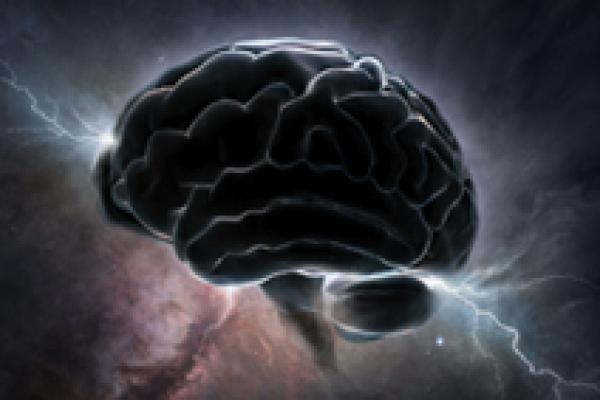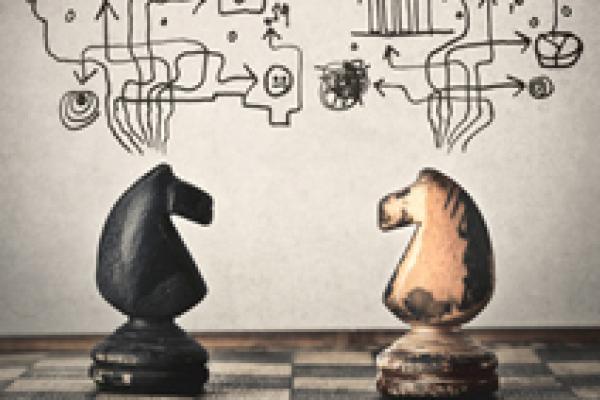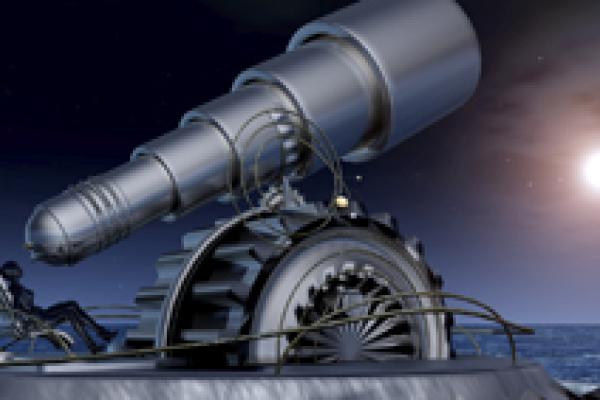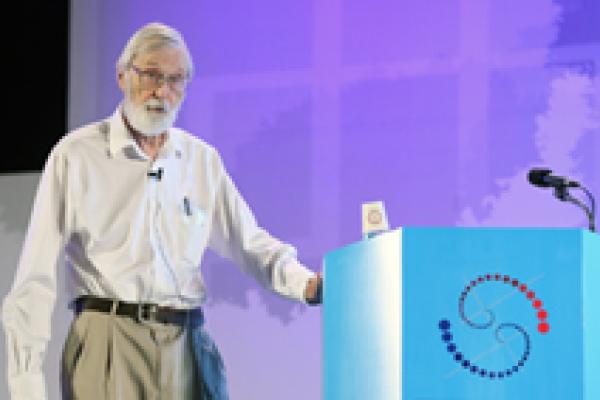Article


Who made the laws of nature?
What gives an equation the right to call itself a law?







Meet the number that's bigger than the observable Universe!

